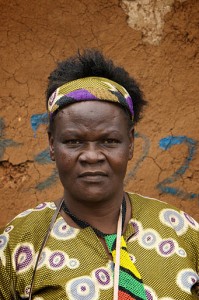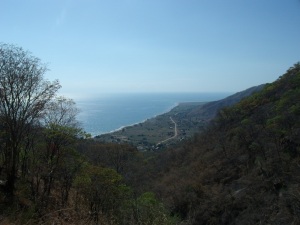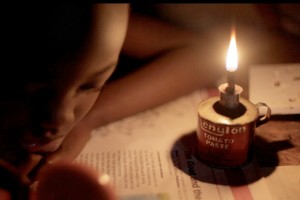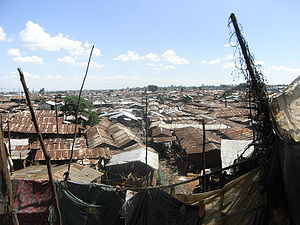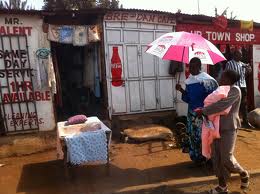Relocation of people from Soweto east was much of excitement as people were being moved from Soweto east to decanting site.Most of people saw it as a stepping stone from a lower life to a much advance level of life.
This being a three bed roomed house, a kitchen ,a toilet and a bathroom or rather a self contained house with a good living environment.The challenge is that some people from the slum could not corp up with the cost of the living standard of the new environment.
Simon,who was one of the people that were relocated says that;To him being moved from soweto east where he pays 20 shillings to work he now pays more than that.He says life has been expensive from clothing, to food, and to other things like paying for the bills ie; electricity,water and rent. He also says that people would think that they have come to a better place but they also have their problems like since they moved there,they have not been having electricity for 7months.
With some people very excited with moving from soweto to decanting site,Magdaline was very happy as she says that the houses have water and now she can wash her cloths and clean the house unlike Soweto East where she had to walk a distance to fetch water that she could use for household purposes .She says some of her neighbours refused to move because the houses were very expensive for them but some who wanted to move did not have the opportunity to .Despite all, she says that the living standard is quite expensive compared to Soweto East where she used to pay for 3 houses each at Ksh. 700 including electricity, she now pays 3000 shillings for the 3 bed roomed house.
I also met Policup Ouko,who was also one of the residents who came to decanting site from Soweto East. He says he has seen a big change from bad to good and life is not the same again, He continued to say that they now have security and there has been an improvement despite the high living standard . He says that in Soweto East he used to pay a rent of 1200 and pays 300 shillings for electricity that is a total of 1500 shillings.
The major disadvantage that they had was that, they had to remove their children from school, since it was October and so their children had to stay out of school until January in order for them to join the new schools that are near by the houses they had moved to.




